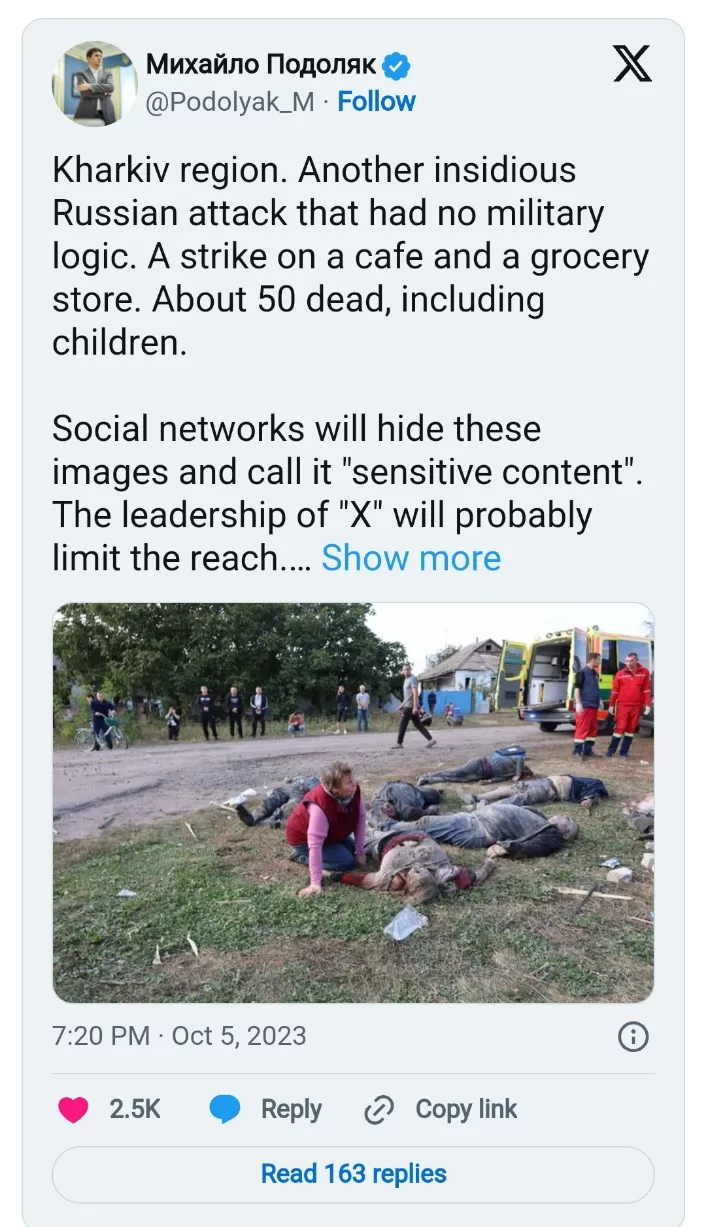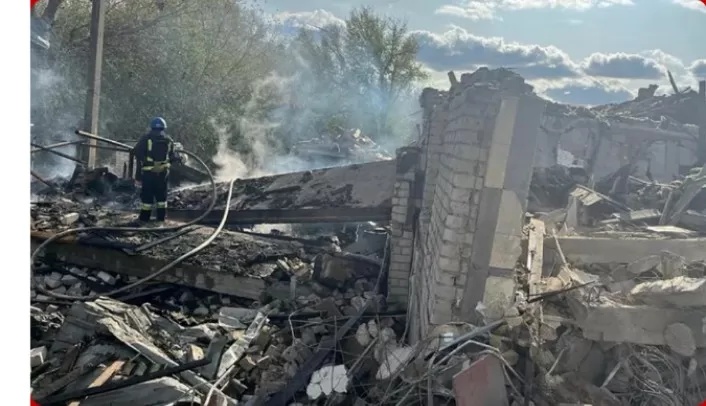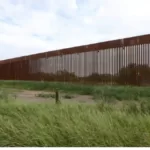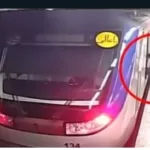In a heart-wrenching incident that has sent shockwaves through Ukraine and the international community, a missile strike on a bustling rural café has left at least 51 people dead, including a six-year-old boy. Ukrainian President Volodymyr Zelenskiy has vehemently denounced this attack as “genocidal aggression” perpetrated by Russia.

The devastating assault unfolded at 1:15 pm local time (1115 BST) in the tranquil village of Hroza, situated within the Kupiansky district of Kharkiv province, in the northeast of Ukraine. President Zelenskiy, deeply shaken by the horror, expressed his condolences and informed the public that rescue operations were underway at the scene.
In a poignant message conveyed via Telegram, Zelenskiy characterized the strike as a “demonstrably brutal Russian crime” and a “completely deliberate act of terrorism.” Ukraine’s Minister of Internal Affairs, Ihor Klymenko, reported a death toll of 51 lives lost and indicated that the meticulous analysis of debris was ongoing.
The victims had gathered at the café for a memorial lunch, honoring a fellow villager recently departed. Tragically, the café bore the brunt of the missile attack, obliterating the building entirely. Reports suggest that an Iskander ballistic missile, of Russian origin, was responsible for the destruction. Approximately 60 individuals were present in the café at the time of the assault.
The village of Hroza, with a population of 500, now mourns the loss of approximately one-tenth of its residents. This marks the deadliest single event in Kharkiv province, which has suffered relentless bombardments since Russia’s full-scale invasion last year.
President Zelenskiy, in a resolute response, asserted that “Russian terror must be stopped” and issued a call to action, stating, “All those who help Russia circumvent sanctions are criminals. Everyone who supports Russia until now supports evil.” He expressed gratitude to the nations and leaders supporting Ukraine in its fight to protect life.
Currently attending an international conference in Spain, Zelenskiy disclosed that Ukraine was in discussions with European leaders to bolster the nation’s air defense capabilities. He pledged a robust response to the terrorists behind this heinous act.
Senior Ukrainian officials joined in expressing their outrage and determination to protect their homeland. Mykhailo Podolyak, an adviser to President Zelenskiy, denounced the attack as an “insidious Russian attack that has no military logic” and called for the defeat of “Putin’s evil.”
Ukraine’s newly appointed Defense Minister, Rustem Umerov, characterized the strike as “cruel and deliberate” and revealed ongoing discussions with allies to secure additional air defense systems.
In a concerning turn of events, Russian President Vladimir Putin escalated nuclear rhetoric by announcing successful tests of the nuclear-powered nuclear-capable Burevestnik strategic cruise missile. He also claimed near-completion of work on the nuclear-capable Sarmat intercontinental ballistic missile system. Putin’s ominous remarks warned that, in the event of an attack on Russia, there would be no chance of survival.
These developments have ignited fresh concerns about the escalating tensions between Russia and Ukraine, posing significant challenges for international diplomacy and peace efforts in the region.







